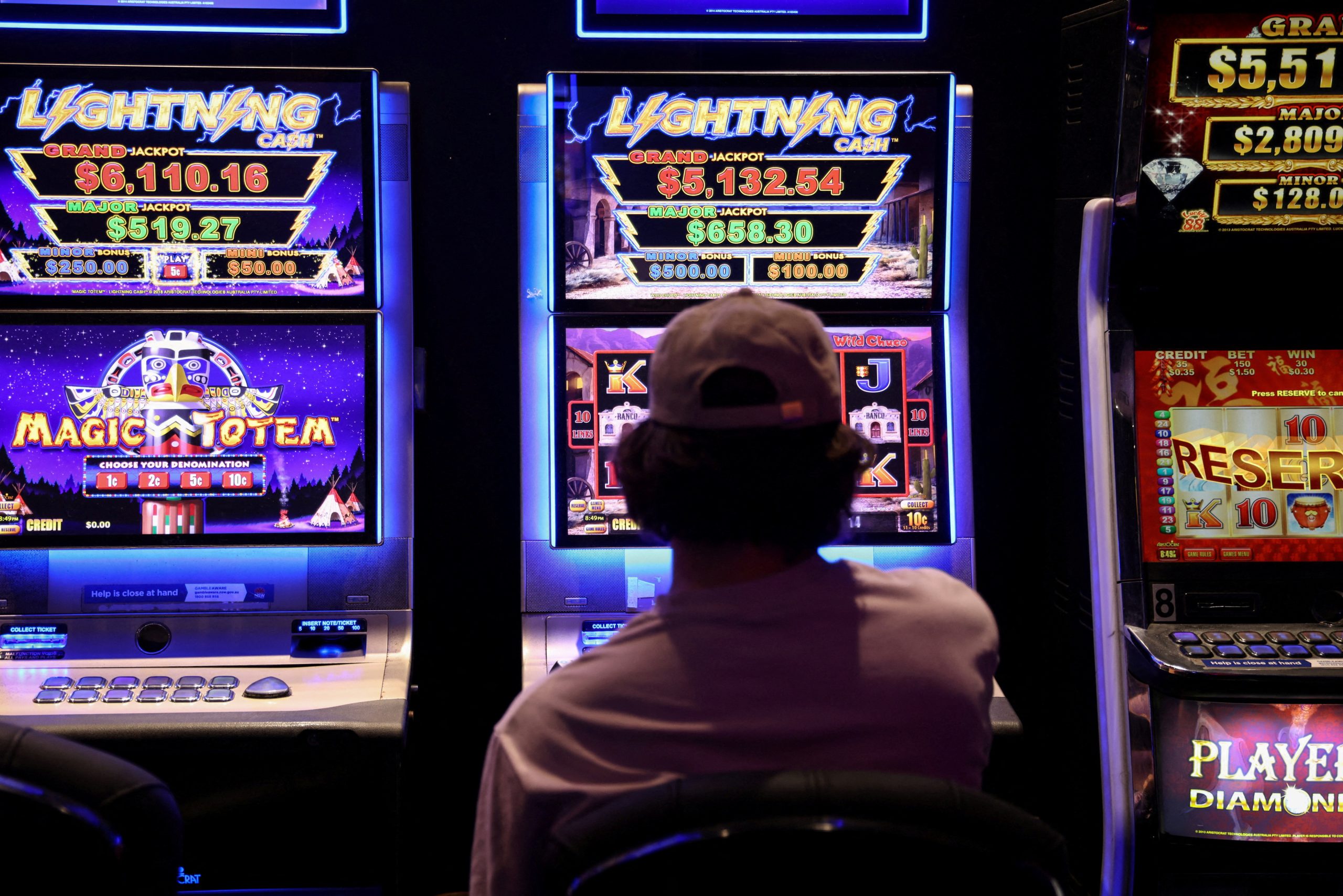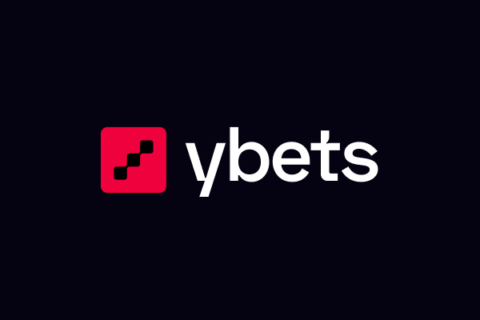Australian Gambling Ad Ban Continues To Gather Support

The Victorian Gambling and Casino Control Commission has called for a ban on gambling ads in Australia due to a surge in complaints, mainly from parents concerned about their children’s undisclosed gambling activities.
Annette Kimmitt, the regulator’s CEO, expressed support for the ban, citing overwhelming inquiries from parents and emphasizing the urgent need for regulatory action. However, Kimmitt acknowledged her limitation in implementing the ban directly, stating that the decision was not within her authority.
Kimmitt anticipates the federal government’s response to recommendations from a parliamentary inquiry, which, published in June of the previous year, introduced a comprehensive 31-point plan for significant changes in the gambling sector.
The plan focuses on gradually eliminating gambling sponsorship within three years through a phased approach.
The proposed phases include banning inducements on social media, online platforms and during news broadcasts, followed by restrictions on online gambling ads during sports broadcasts and inside stadiums.
Further steps involve limiting broadcasted ads between 6:30 AM and 10 PM, ultimately leading to a complete ban on all gambling advertising and sponsorship by the end of the third year.
Pressure on the gambling industry has intensified with criticism from influential gambling reformist Tim Costello.
He voiced concerns over reported confidential discussions between operators and the government, potentially undermining the inquiry’s findings.
Recent reports in Australia disclosed meetings between operators like Sportsbet and Entain with Minister of Communications Michelle Rowland to discuss a potential advertising ban after the inquiry’s conclusion.
Costello emphasized the industry’s strategy, indicating that instead of presenting their case through a submission to the inquiry, documents obtained through freedom of information unveiled that gambling companies, broadcasters, sporting codes and global tech firms had all pursued or arranged meetings with Rowland and her staff.
This was in response to a suggested complete ban on wagering advertising. The statement conveyed no objection to the government seeking input from stakeholders affected by potential legislative changes.
However, it suggested that the appropriate avenue for these organizations to present their arguments was during the public inquiry.
In reply, a representative for Rowland asserted the government’s dedication to minimizing harm related to gambling.
The spokesperson emphasized that the government is evaluating restrictions and actively involving various stakeholders, including advocates for harm reduction, health experts and representatives from the industry, as they formulate their policy.
- Other news categories:
- SlotsUp's news





